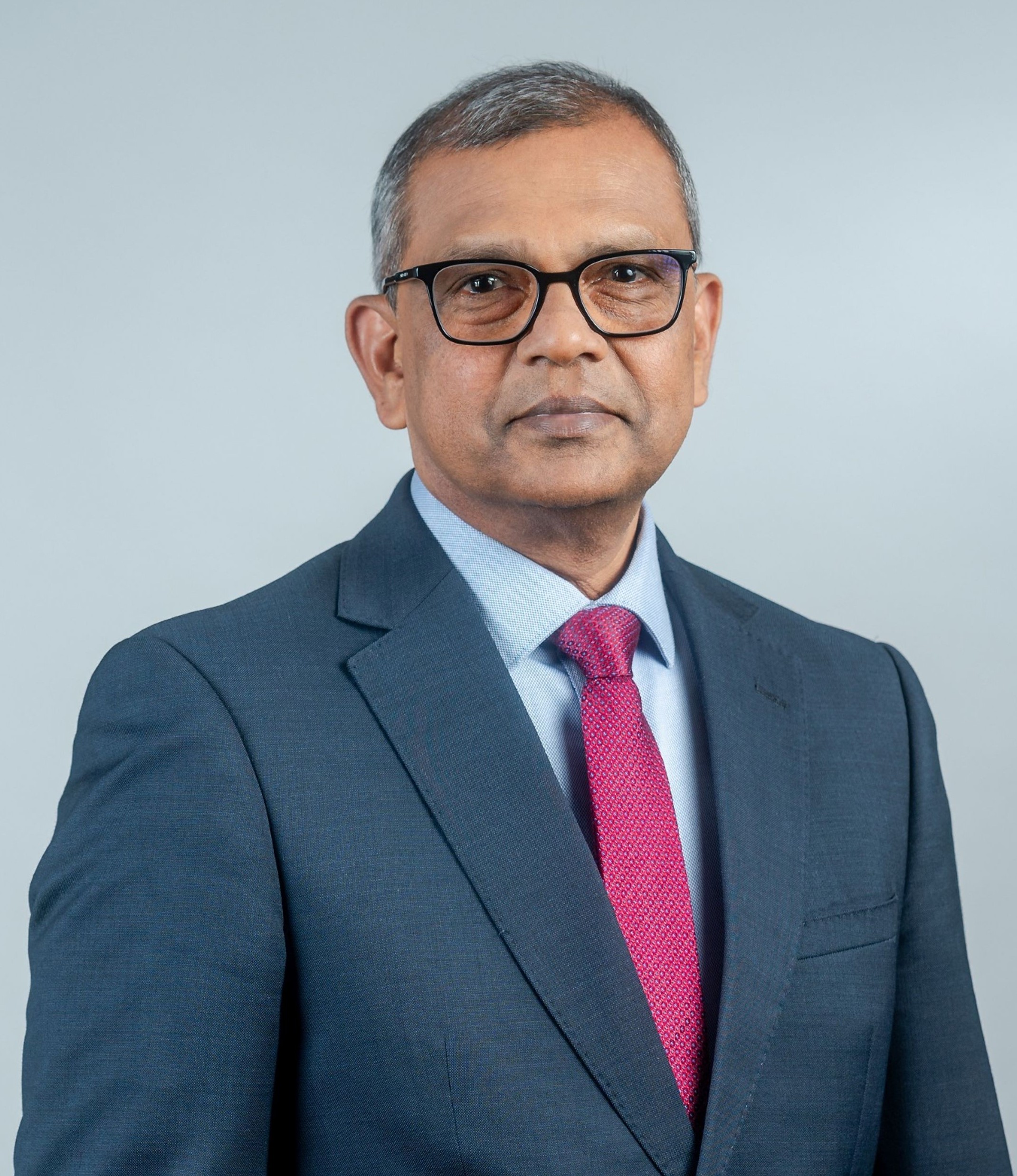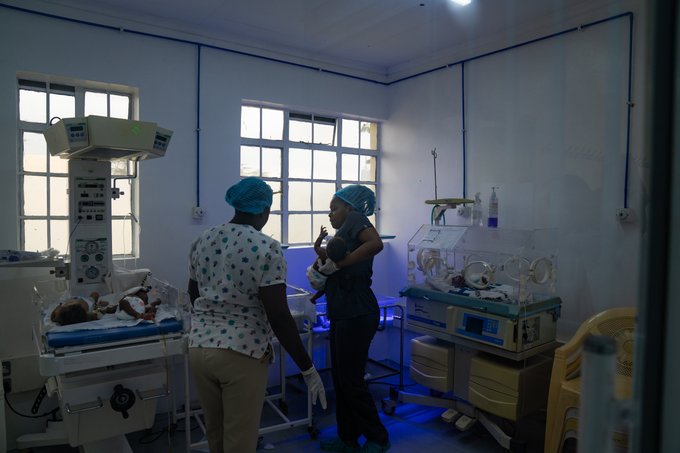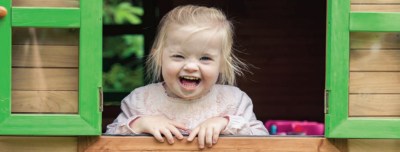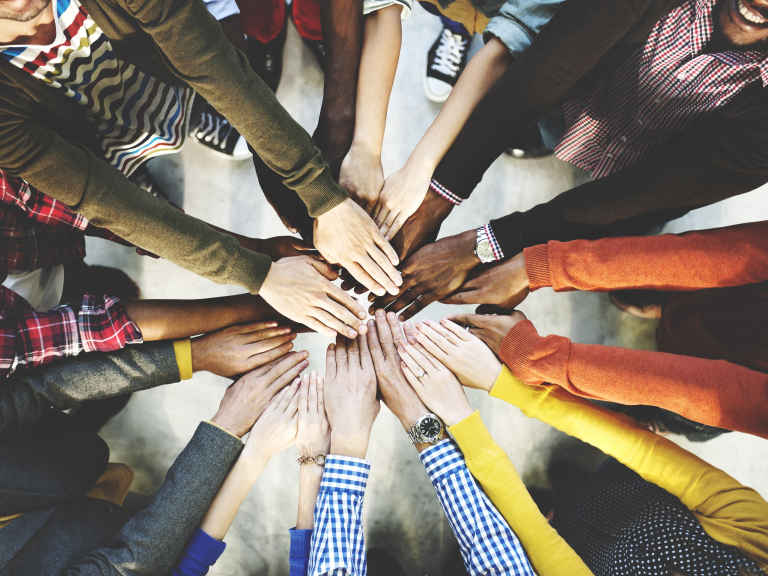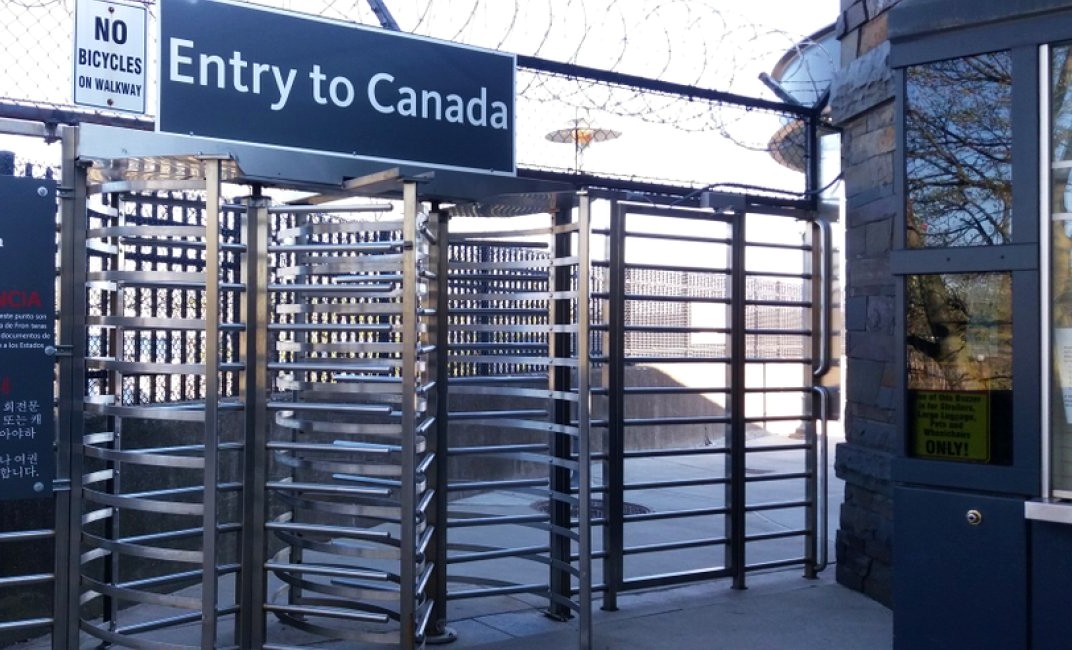An emergency transportation service that has reduced deaths during childbirth is expanding operations in Africa.
The World Health Organisation estimates that 830 women die every day in developing countries of preventable causes during pregnancy and childbirth. Many deaths are in rural areas without adequate health care.
The service, called m-mama, connects pregnant women facing delivery complications with free rides to medical facilities. M-mama uses a network of local taxis that serve as ambulances and an app that can function with or without an internet connection.
“We’re bringing this incredible dispatch emergency transportation service to Kenya,” U.S. Agency for International Development (USAID) Administrator Samantha Power said in a June 22 interview with the Kenya Television Network (KTN) in Nairobi. When operational in Kenya, m-mama could save tens of thousands of lives in the country, she added.
M-mama has reduced maternal mortality 38% and infant mortality by 40% in a pilot region of Tanzania, where it began in 2013. It also operates in Lesotho.
Power described m-mama as an “exciting example” of technology improving public health. Dispatchers receive information on mothers’ complications through the app or phone calls, confirm facility availability and connect mothers with taxis. As a result, pregnant women no longer need to risk further complications by walking or riding a bike to the hospital or staying at home.
USAID will provide up to $5 million to launch m-mama in Kenya. U.K.-based charity Vodafone Foundation and African partner M-PESA Foundation will contribute an additional $9 million. The partnership also includes Kenyan communications firm Safaricom and the government of Kenya.
Numerous other U.S. efforts also support healthy childbirth in Africa. Among them:
- The U.S. President’s Emergency Plan for AIDS Relief (PEPFAR) has enabled more than 5.5 million babies to be born HIV-free to mothers living with HIV.
- Lucy Chuwa, a U.S. Academy for Women Entrepreneurs alumna, started the business Mama Kits, which delivers clean sheets, gloves, cotton and sterilized blades to mothers in East Africa to prevent infection during childbirth.
- California-based Zipline’s drones deliver lifesaving medical supplies, including blood for transfusions, to rural, hard-to-reach communities in Africa. The deliveries can reduce transportation times from hours to minutes.
Since starting in Rwanda in 2016, Zipline has made over 190,000 deliveries of lifesaving supplies in the country, according to 2022 data. Zipline says its deliveries have reduced maternal deaths from postpartum haemorrhage in Rwanda’s hospitals by 88%.
In November 2022, the U.S. Trade and Development Agency (USTDA) announced a grant to assess the feasibility of Zipline’s expanding its medical supply delivery service into new areas in Ghana and Nigeria.
“Increasing access to healthcare is critical for West Africa,” USTDA Director Enoh Ebong said in November. “Our partnership with Zipline demonstrates the role that non-traditional models of healthcare access can play in addressing this need.”


